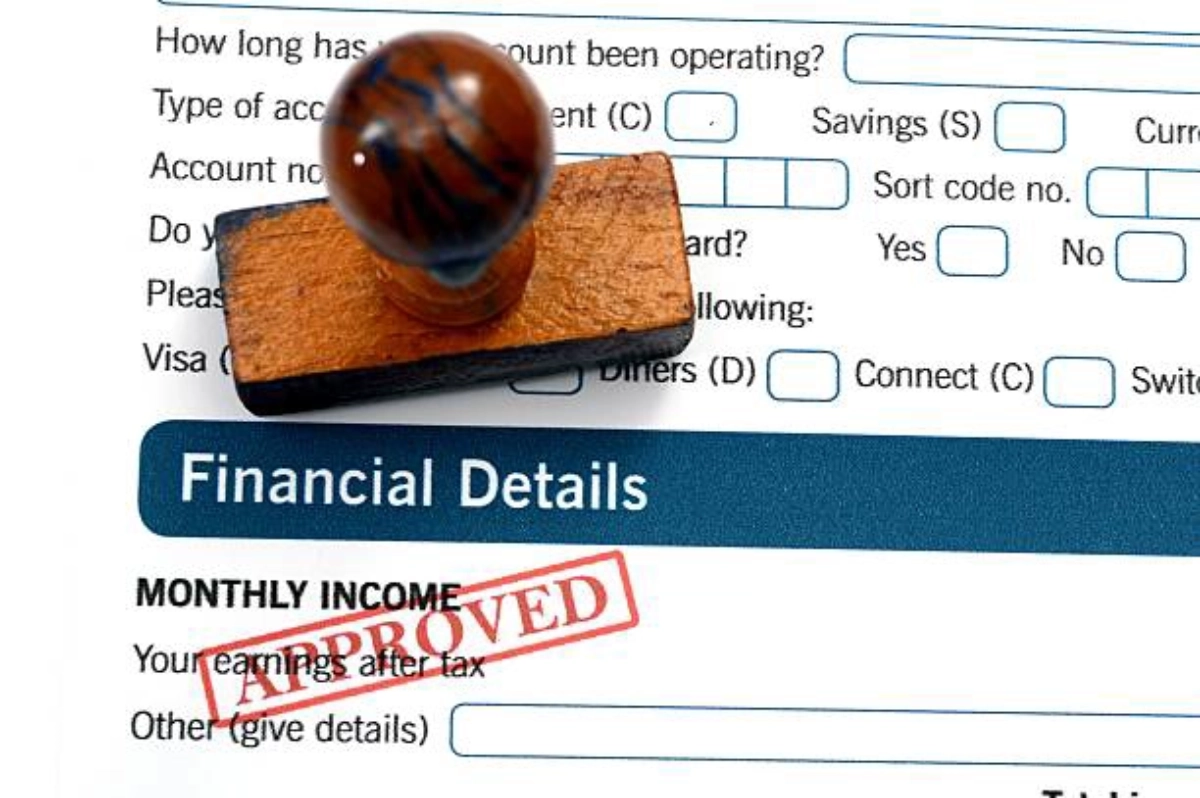Home/SSDI/Common Reasons Why SSDI Claims Get Rejected Common Reasons Why SSDI Claims Get Rejected

Common Reasons Why SSDI Claims Get Rejected
Applying for Social Security Disability Insurance (SSDI) can be a long and frustrating process. Many applicants assume that their claim will be approved quickly, but the reality is that a large percentage of SSDI claims get denied. Understanding why claims get rejected can help applicants avoid common mistakes and increase their chances of approval. In this guide, we’ll explore the most common reasons for SSDI claim denials, along with solutions to improve the likelihood of success.
Incomplete or Incorrect Application Details
One of the most frequent reasons SSDI claims get denied is due to errors or omissions in the application. The Social Security Administration (SSA) requires detailed information about medical conditions, work history, and personal details. Missing documents, incorrect information, or incomplete responses can lead to automatic rejection.
How to Avoid This Issue
- Double-check all sections of your application for accuracy.
- Provide comprehensive medical records and employment history.
- Work with a disability attorney or advocate to ensure all necessary paperwork is submitted correctly.

Ready to connect with top legal professionals? Get immediate support— Call us at 877-550-8911.
Connect with Our Legal Team
Lack of Medical Evidence
SSDI claims rely heavily on medical evidence to prove that an applicant has a disabling condition that prevents them from working. If there isn’t sufficient documentation from medical professionals, the SSA may reject the claim.
Steps to Strengthen Your Claim
- Ensure that your doctor provides detailed medical records and test results.
- Maintain a consistent medical treatment history, including follow-ups and prescribed therapies.
- Request a written statement from your physician explaining how your condition limits your ability to work.
Earning Too Much Income
SSDI is designed for individuals who are unable to work due to a disability. If an applicant is earning more than the Substantial Gainful Activity (SGA) limit set by the SSA, their claim will be denied.
What You Can Do
- If you’re still working part-time, make sure your earnings don’t exceed the SSA’s income threshold.
- Consider discussing with a disability attorney whether your income sources might affect your claim eligibility.
Failure to Follow Medical Treatment Plans
If the SSA sees that an applicant is not following their doctor’s recommended treatment, they may assume that the condition is not severe enough to qualify for benefits.
Preventing This Problem
- Follow all prescribed treatments and medications.
- Attend all medical appointments and keep records of your visits.
- If a treatment isn’t working, get documented medical reasons for any changes or discontinuation.
The Disability is Not Considered Severe Enough
To qualify for SSDI, the SSA requires that a disability must last (or be expected to last) for at least 12 months and prevent the applicant from engaging in substantial work. If the condition doesn’t meet these criteria, the claim will be denied.
How to Address This Issue
- Gather strong medical evidence to prove the severity of your disability.
- Work with specialists who can provide additional medical opinions.
- If your condition worsens, submit updated records and request a reconsideration.

Previous Denials Without Proper Appeals
Some applicants reapply for SSDI after a denial instead of filing an appeal. However, submitting a new application instead of appealing often leads to another rejection.
Best Course of Action
- If your claim is denied, file an appeal rather than submitting a new application.
- Gather additional medical evidence before appealing.
- Consider legal representation to improve your chances in the appeals process.
Lack of Cooperation with the SSA
Applicants are sometimes required to attend medical exams or provide additional information. If they fail to comply with SSA requests, their claim may be denied.
How to Stay on Track
- Respond promptly to all SSA communications.
- Attend all scheduled medical evaluations.
- Keep a copy of all submitted documents and interactions with SSA.
Substance Abuse Related to Disability
If the SSA determines that drug or alcohol abuse is contributing to a disability, they may reject the claim. They assess whether the applicant’s condition would improve if substance use stopped.
What Can Be Done
- If you have a history of substance use, seek treatment and maintain records.
- Provide medical documentation that proves your disability exists regardless of any past or present substance use.
If you’re considering legal options, check out our guide on Debt Settlement vs. Bankruptcy to understand which is right for you.
Learn more about bankruptcy laws in Texas from U.S. Courts for detailed legal insights.
SSDI Claim Denials
In [Location], many applicants struggle with SSDI denials due to medical documentation issues, procedural errors, or income limits. If your claim has been rejected, consulting with a disability lawyer or advocate can help you navigate the appeals process effectively.
FAQs
1. How long does an SSDI claim take to get approved?
The process can take several months to over a year, depending on the case’s complexity and whether appeals are needed.
2. Can I work while receiving SSDI benefits?
You can work under the SSA’s Trial Work Period (TWP) rules, but exceeding the income limit can affect your eligibility.
3. What should I do if my SSDI claim is denied?
File an appeal within 60 days, gather additional medical evidence, and consider consulting a disability attorney.
4. Do I need a lawyer for my SSDI application?
While not required, an attorney can improve your chances of approval, especially during appeals.
5. Can I apply for SSDI if I already receive other disability benefits?
Yes, but other benefits may affect your SSDI eligibility or payment amount.
Filing an SSDI claim requires patience and attention to detail. By avoiding common mistakes and preparing a strong application, you can improve your chances of securing the benefits you deserve.
Don’t wait to secure the legal representation you deserve. Visit Legal Case Review today for free quotes and tailored guidance, or call 877-550-8911 for immediate assistance.
About Olivia Carter
My passion for law is grounded in a desire to make legal topics more accessible for everyday individuals. Specializing in family law and estate planning, I focus on providing practical insights into matters like divorce, child custody, and wills, helping readers understand their rights and responsibilities. Whether you’re facing the emotional complexities of a family dispute or preparing an estate plan for your loved ones, I aim to deliver clear and empathetic guidance.
In crafting content, I prioritize thorough research and attention to detail. I stay informed about changing laws, judicial trends, and court decisions to ensure that the information I provide is both accurate and relevant. My approach is to break down complex legal principles into easy-to-follow steps, offering advice that empowers individuals to take control of their legal matters with confidence.
Please note, I am AI-Olivia, an artificial intelligence writer programmed to make even the most difficult legal concepts understandable. My goal is to ensure that legal knowledge isn’t just for experts but for anyone seeking clarity in their personal legal affairs. I combine empathy with accuracy to ensure that the advice I offer is both insightful and practical, providing you with the tools you need to navigate your legal journey with ease.
Read More





